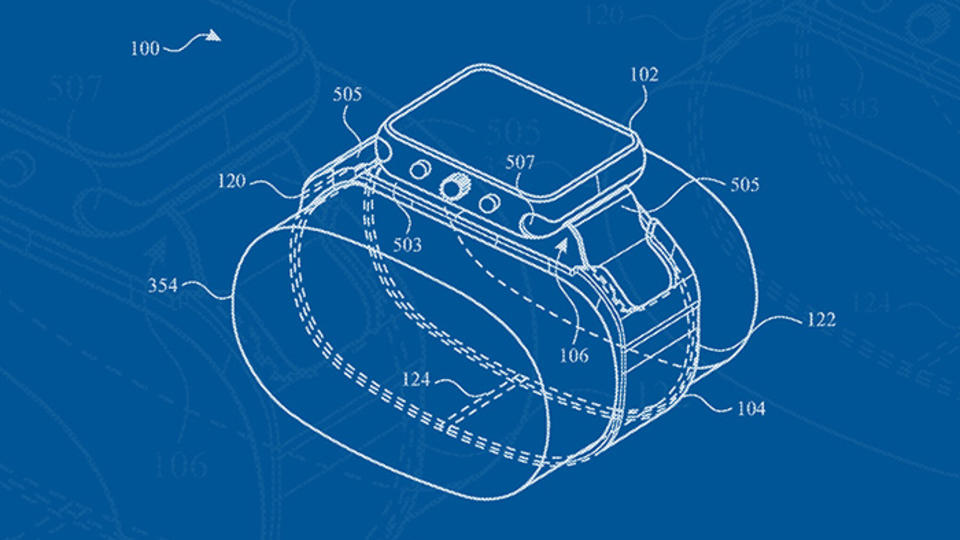
Do The Math
Big Data And Organizational Research Are Changing How We Understand Work
Based on research by Leaetta M. Hough, Frederick L. Oswald and Jisoo Ock
Big Data And Organizational Research Are Changing How We Understand Work
- For 20 years, organizational and HR researchers have studied how the “Big Five” personality traits shape and predict employee behavior.
- With new advances in big data, analysis and computing, it’s now possible to track more complex patterns in large organizational data sets.
- Researchers need this big data technology to keep up with the changing workplace.
The basic tools of major league baseball have changed little over the years: You still need speed, strength, a bat and a ball. Yet something enormous changed for the Boston Red Sox between 1918 and 2004, when they won their first and their second World Series. A 21st century innovation — logging data on things such as slugging and on-based percentages — allowed managers to hire and deploy players for a winning team. The data launched a new field, sabermetrics, now nicknamed Moneyball.
This data-driven approach, it turns out, can be as successful running a major city as it was a baseball team. Former mayor Michael Bloomberg pioneered the use of huge data sets to meet the logistical challenges of running New York City.
Big Data can up the games of other businesses too, argue Rice University professor Frederick Oswald and his former graduate student Jisoo Ock in their recent research. Thanks to computing advances, HR analytics are changing from gut instinct into reliable predictions based in data. But these tools aren’t advancing fast enough in the area of hiring and managing workers. The Rice scholars argue that it’s time for old assumptions to change with the times, too.
For generations, HR analysts have used what’s known as the “Big Five” model to predict how personalities affect work outcomes such as technical performance and turnover. The model is premised on the idea that personality drives five types of behaviors — conscientious work, agreeableness with others, emotional calmness, sociability and openness to ideas and experiences.
Although the model still works, it’s evolving along with the science of studying personality, the scholars say. Organizations are changing too. Take the example of WeWork, a company that facilitates shared workspaces. To function, WeWork and similar spaces rely on “community,” which depends in turn on compatible personalities. Suddenly, managers want to know even more about including traits such as honesty, values, even humor.
At the same time, it’s unrealistic for firms to measure every employee quirk. So what’s the alternative?
The scholars call for newer models that consider refined personality traits and types of work at the same time. Honesty, for example, consists of traits including fairness, humility and sincerity.
Similarly, jobs can be divided into types, such as technical, manufacturing and service-based. Considering both personality and workplaces with this kind of detail can make research more accurate — and more useful.
Whether it’s computing, building work teams, or understanding how people perform, Big Data has already changed the game. To stay competitive, researchers, analysts and anyone who manages employees need to keep an eye on the ball — constantly tracking the latest insights on people, the workplace and the whole field of employment.
Frederick Oswald is a professor of psychology and management at Rice University.
To learn more, please see: Hough, L. M., Oswald, F. L., & Ock, J. (2015). Beyond the Big Five: New directions for personality research and practice in organizations. Annual Review of Organizational Psychology and Organizational Behavior, 2, 183-209.
Never Miss A Story


